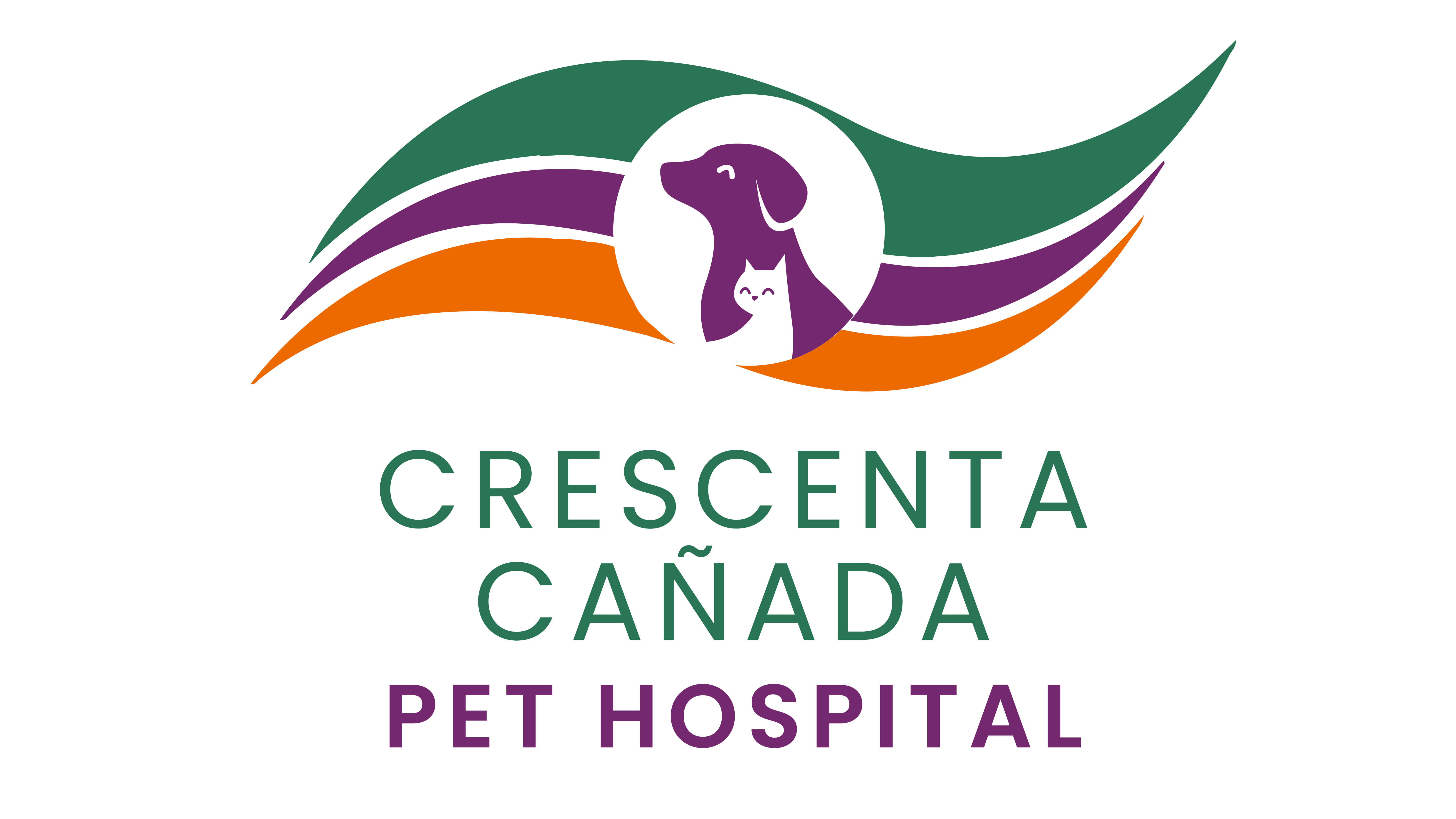Discussing Dog Dental Care with Dr. Speas
How often should a pet have their teeth cleaned?
How often a pet might need to have their teeth cleaned is very individual. I recommend looking at your pet's teeth every day to see how things are going and, ideally, brushing them. I see 12-year-old dogs that have apparently clean white teeth, no plaque or tartar on them, never having had their teeth cleaned their whole life, whereas I see some pets that are two or three years old that have a lot of tartar. Those guys are tartar-prone, and those pets will have to have a dental cleaning more frequently.
How can dental disease be treated prophylactically in pets?
We treat a lot of dental disease prophylactically by hopefully keeping the plaque and tartar down. Other treatments will be individual, depending on what's going on with that pet's mouth. Often, advanced periodontal disease will loosen the tooth up, which has to be extracted.
What happens when a pet experiences trauma to their teeth?
Trauma can happen to teeth, and those are handled differently. If a large canine tooth, for instance, on a dog that gets traumatized and dies, then root canal therapy is a potential treatment option to save that tooth and keep it in the dog's mouth.
How do dog dental chews work?
Dog dental chews work by the abrasive activity on the tooth's surface of biting into something and biting on something. That works essentially like how a toothbrush would work, just rubbing plaque off the tooth's surface.
How can dental pain manifest in dogs?
Dental pain can show up in a dog with a variety of different things. One, you might notice that the dog doesn't want to chew very much. Two, they may have excessive salivation if there's dental pain. But they're pretty stoic about that. I see some teeth that must have hurt like the devil, and there was not any sign of pain at all.
How does dental care impact pet insurance?
That would be determined by whoever is writing the insurance policy and if dental care is going to be included in that package.
What are the benefits of dental work for pets?
The pet can feel so much better. It's amazing how little oral pain or dental pain the pet might be showing. You get all that stuff cleaned up. You get those gums healthier and get rid of loose, painful teeth. I have a lot of people say, my gosh, my elderly pet is like a puppy again. Also, the big benefit of having some dental work done on your pet, either cleaning and extracting bad infectious teeth, is that the pet's breath can be 100% better.
Why is pet dental work expensive?
They are expensive for a number of reasons. One, they're doing some very specialized equipment, just like a human dentist. We have high-speed scalers, polishers, drills, and all the dental equipment a human dentist would have. Then we have a patient who is probably not going to just sit there in the dental chair and allow us to do a thorough cleaning. So, anesthesia is important. Anesthesia is very, very safe these days, but it all has its inherent risks. We like to make sure that we've got a patient who's in good shape before we do any anesthesia. So often, pre-anesthetic lab work is done. Here at this hospital, we do a pre-anesthetic electrocardiogram to make sure that the heart's beating just fine. There are a lot of precautions that go into that type of procedure, and it all costs money. So, to do a good, thorough dental cleaning, there are some expenses involved.
What happens to loose or fractured teeth in pets?
Loose teeth are painful, and so those get extracted. Trauma can happen to teeth as well. They can fracture, and if that occurs, it can be a very painful situation. That tooth may have to be extracted.
What are the effects of tartar in a pet's mouth?
First off, a bad, infected mouth with a lot of tartar in it, the odor from your pet's mouth can be very bad. That can just lessen one's enjoyment of having a pet up close and personal if their breath is so horrendous. Other benefits are just overall general health of the pet. We know that gum tissue is very, very vast. It's got a great blood supply. Tartar and plaque and the things that build up on a dog's teeth are food, saliva, and bacteria. Bacteria can actually gain access to the bloodstream through the gum tissue and go out throughout the whole body.
If you still have other questions and you'd like to reach out to us, you can call us directly at (818) 248-3963, or you can email us at [email protected]. But please do reach out, and we'll get back to you as fast as we can. Don't forget to follow us on social media Facebook, Instagram
